Are you an AVC student thinking about doing an external rotation related to animal welfare, but need funding to help support travel?
The Sir James Dunn Animal Welfare Centre (SJDAWC) has a travel award(s) totalling $2,000 (CDN). This award(s) may assist up to four AVC students (minimum $500 each and maximum $1,000 each) in their fourth year to travel for an external rotation related to animal welfare.
AVC students interested in applying for this award should email animalwelfare@upei.ca for an application.
Deadline: Wednesday, March 27, 2024 at 12:00 p.m.
Examples of Previous Awards
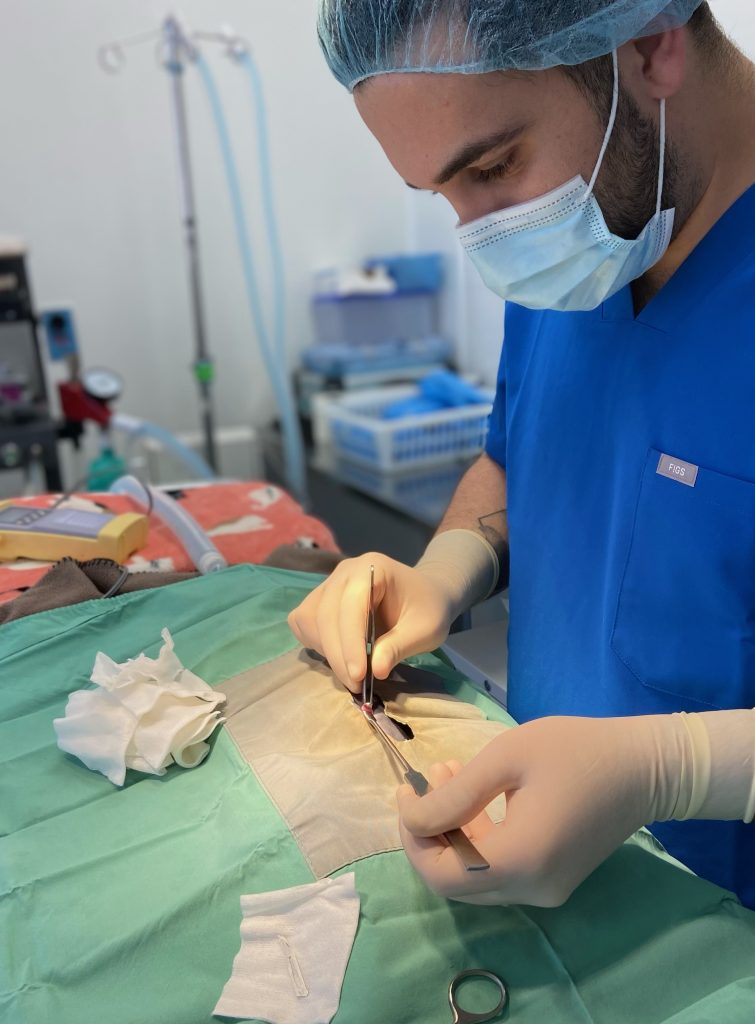
Nima Morady had the opportunity to visit the Montreal SPCA, which was truly one of his favorite rotations. His experience at the SPCA emphasized the importance of advocating for animals and the impact veterinarians can have on improving animal welfare. Expensive tools or medications are not always needed to help animals. Sometimes, all it takes is the willingness to think creatively and act with compassion. During the visit, Nima was split equally between surgery and animal intake, and he found both incredibly fulfilling.
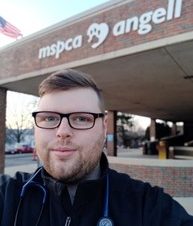
Joey Buzzell visited the Angell Boston MSPCA in their Avian and Exotics department. Together with the guidance of the three ABVP Avian certified veterinarians, he saw gained experience identifying animal welfare concerns in variety of species ranging from rabbits, ferrets, rodents, parrots, cockatiels, snakes, lizards, and tortoises.
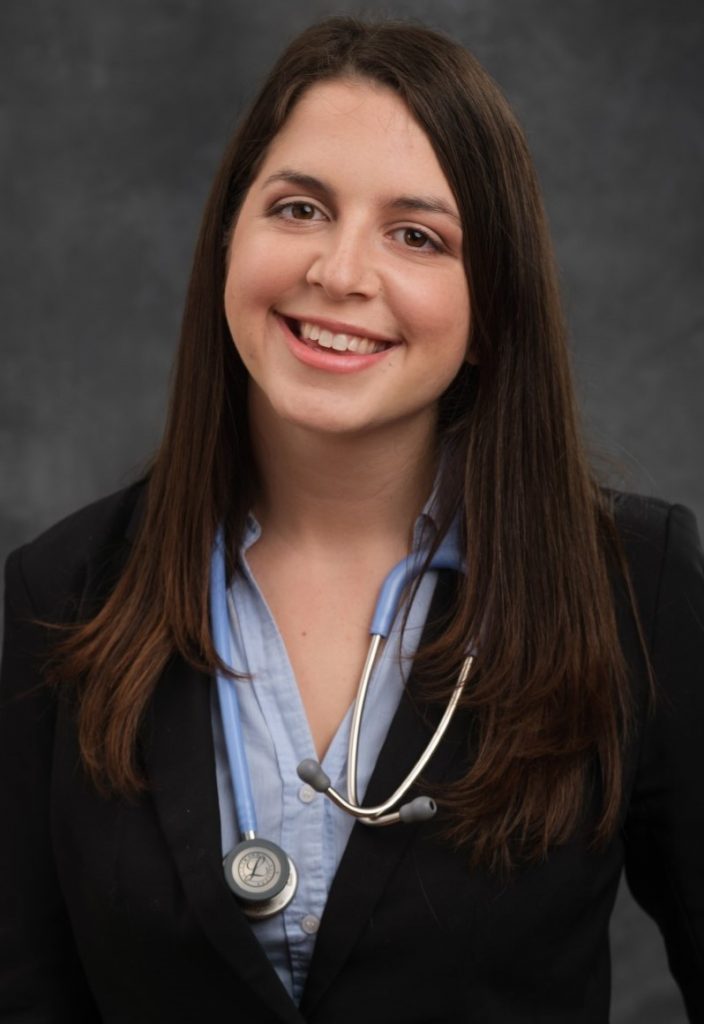
Rachel Moore spent three weeks at the Oregon Health Science University at the Oregon National Primate Research Center. Rachel has a passion for animal welfare in the field of laboratory animal medicine, so was grateful to be able to work with veterinarians and staff whose priority is the health, well-being, and welfare of animals in biomedical research. During the visit, Rachel was able to learn more about enrichment, positive reinforcement training, and outdoor housing. This opportunity was partially funded through a travel award granted through the SJDAWC.
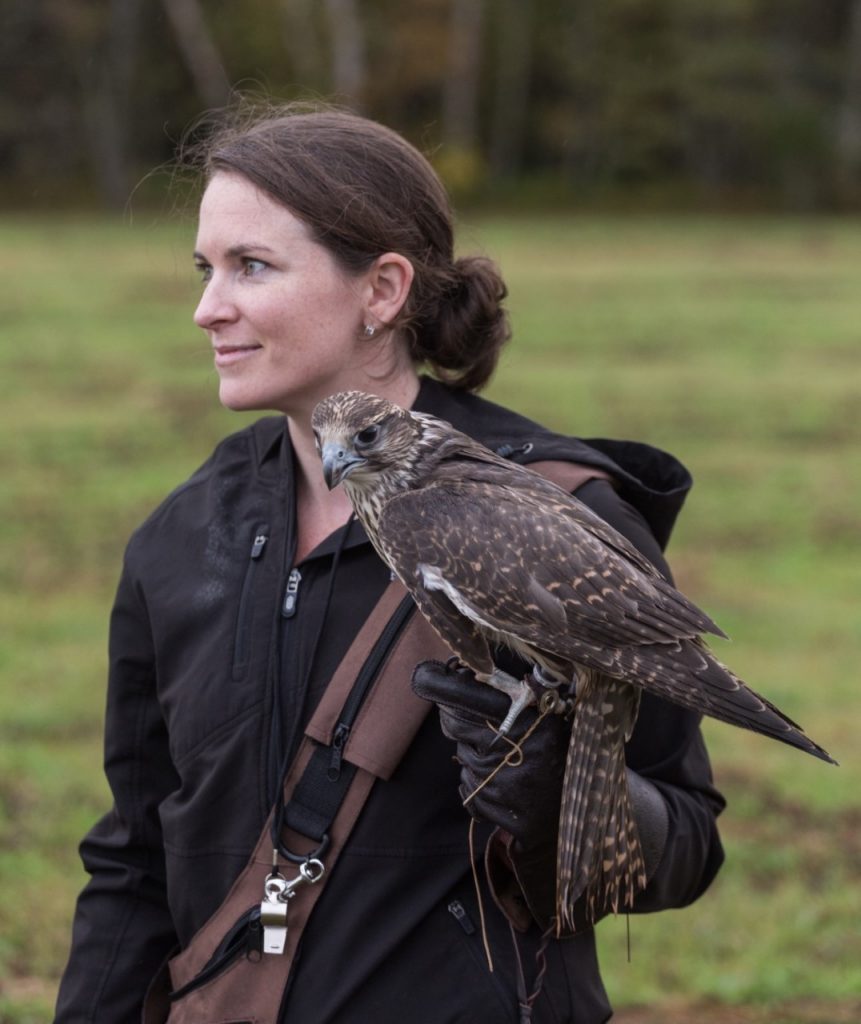
Austin Ebbott had the opportunity to visit the Wildlife Center of Virginia for three weeks. Throughout the rotation, the welfare of the animals was a primary focus. Reducing stress and creating appropriate environments to allow different species to heal and express natural behaviours is critical for their medical care. For many wild animals in rehabilitation, the stress of captivity can reduce immune function, delay healing, and potentially lead to fatal complications.
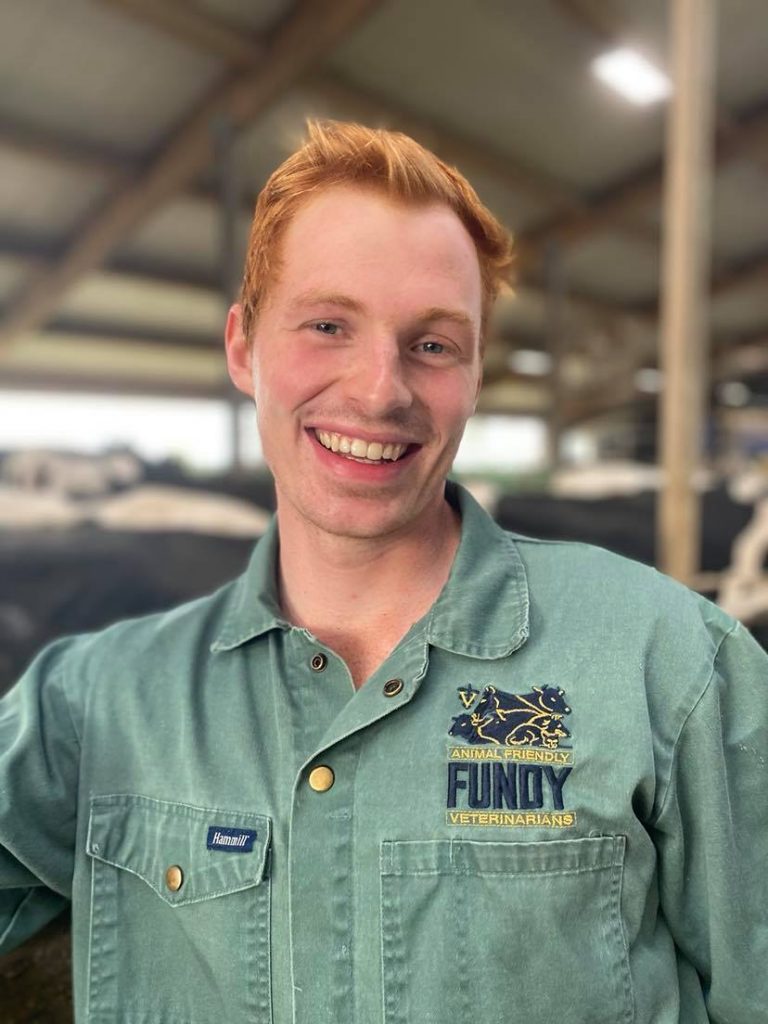
Jared Schenkels travelled to Agwest Veterinary Group in Abbotsford, British Columbia where he completed a three-week rotation. This experience helped him improve his techniques to address individual dairy cows’ therapeutic needs based on specific claw horn lesions. This rotation helped him learn which preventive measures and management practices help reduce the occurrence of lameness in dairy herd and thereby improve dairy cattle welfare.